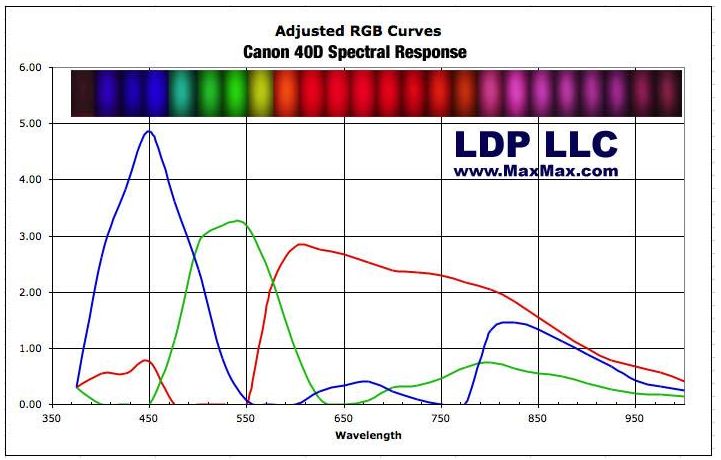Cameras use broad bandpass filters in front of each sensel to emulate the response of our vision.
If you scene contains objects that have very irregular spectral content, and you use color filters that have very irregular spectral response, you may get images that are impossible to do in photoshop.
For instance, two objects could have quite different spectral response but appear to have the same color to us humans, and an ideal camera would also render them with the same color. In this case, there is no difference for Photoshop to work on. In the extreme case, think of multispectral imaging: place 24 narrow passband filters in front of your camera one at a time and take 24 images of a scene. The 24 images will then contain more information about the scene than what can be obtained from a single non-filtered shot.
For most practical purposes, I guess that the experienced photographers here are right.


-h